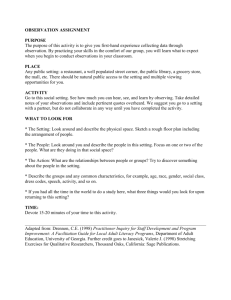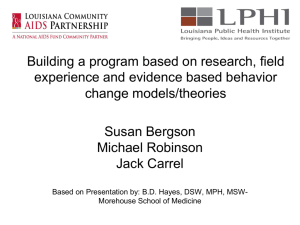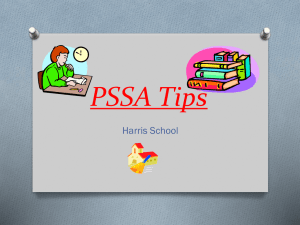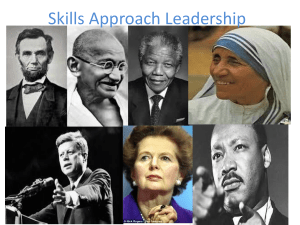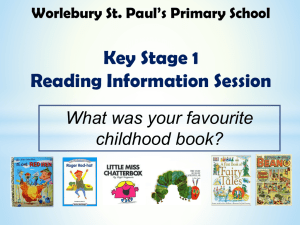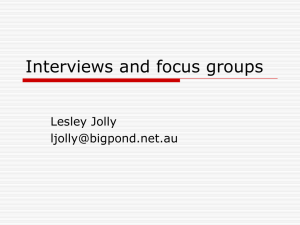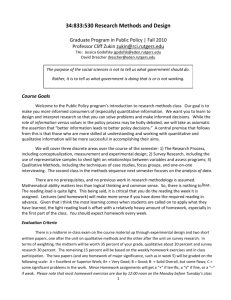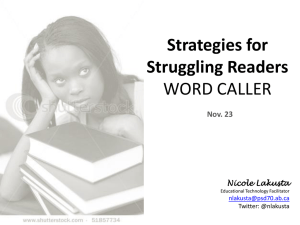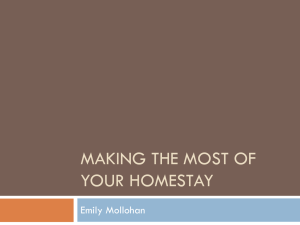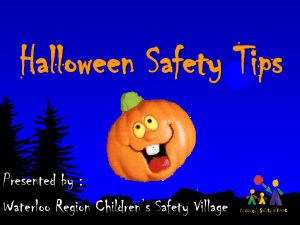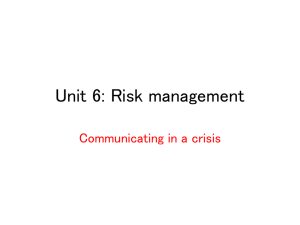Tips for Successful Grant Writing
advertisement
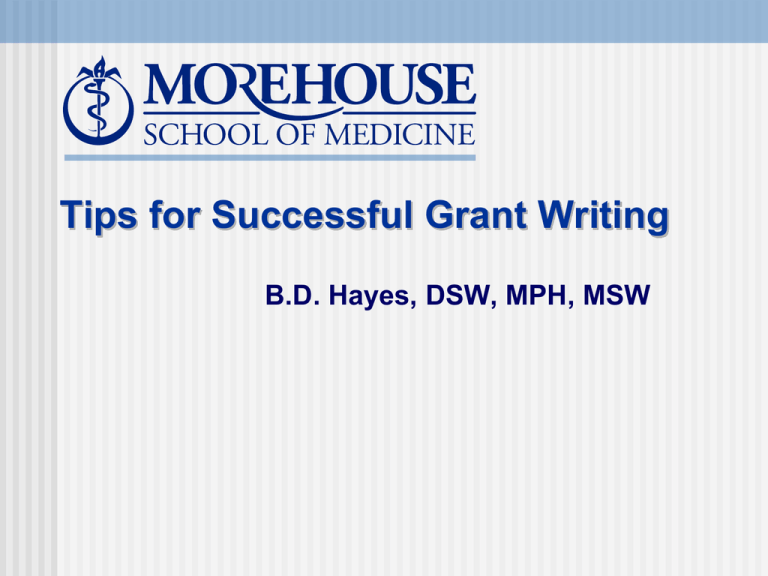
Tips for Successful Grant Writing B.D. Hayes, DSW, MPH, MSW Learning Objectives To provide a model for developing your proposal ideas To review winning grant writing tips To identify strategies for mutually beneficial partnering/collaborations To increase extramural funding for a variety of projects A successful grant proposal is one that is well-prepared, thoughtfully planned and concisely packaged …………….………….CFDA Write first Funding Second The Three Essential Laws of Successful Grant Writing Do your homework Follow Use instructions Common Sense General Tips and Comments Take sufficient time to prepare a good abstract, LOI, or a concept paper Avoid the use of jargon and acronyms Always include a budget and budget justification Be careful when/where you cut and paste: assure uniformity of font size and type ALWAYS use a reader and get editorial assistance Traits of a Successful Grant Getter Research skills Salesmanship skills Communication skills Ingenuity skills Administrative skills Human relations Persistence, dedication, patience Ability to work hard Political awareness and action Integrity SUCCESSFUL APPLICATIONS Direct, concise, compelling, convincing, capable and resourceful Addresses a significant/important problem Explicit goals, measurable objectives Comprehensive but succinct background review Methodology fits problem Appropriate funding mechanism Unsuccessful Applications Failure to follow directions Lack of knowledge about relevant literature Lack of new or original ideas Questionable reasoning in research design Diffuse, superficial, or unfocused research Lack of demonstrated experience in selected methodology (lacks detail) Format issues Over-ambitious Lacks clearly stated hypothesis and rationale Lack of an overall research goal; uncertainty about future directions Developing Your Idea(s) Needs Assessment Evidence of problem Local, county, state, national Capability Assessment Organizational People Past and present history Resources (funds, expertise, etc.) Grant Writing Process Begins with a good idea Review the components of a successful grant Apply the model Evaluate and discuss the plan Literature review Analysis of current research/activity in the field Develop team The Task You Face Clearly Identify the Need Define the Solution Make sure the needs are those of the target population Use a Problem/Needs approach Carefully Design the Project How a problem is defined often determines an approach to develop a solution Basic Components The Proposal Summary Project Methods or Design Introduction Project Evaluation Problem Statement (or Needs Assessment) Project Budget Future Funding Project Objectives General Tips and Comments General Tips and Comments Take sufficient time to prepare a good abstract, LOI, or a concept paper Avoid the use of jargon and acronyms Always include s budget and budget justification Be careful when/where you cut and paste: assure uniformity of font size and type ALWAYS use a reader and get editorial assistance References 1. Writing Grant Proposals That Win. Edited by Deborah Ward. Sudbury, MA: Jones and Bartlett Publishers, 2006. 2. Jeremy T Miner and Lynn E. Miner. Models of Proposal Planning & Writing. Westport, CT: Praeger, 2005. 3. John W. Cresswell. Research Design: Qualitative and Quantitative Approaches. Thousand Oaks, CA: Sage Publications, 1994. 4. Lawrence F. Locke, Waneen Wyrick Spirduso and Stephen J. Silverman. Proposals that Work: A guide for Planning Dissertations and Grant Proposals (4th Ed.) Thousand Oaks, CA: Sage Publications, 2000. 5. Arlene Fink. Conducting Research Literature Reviews: From Paper to Internet. Thousand Oaks, CA: Sage Publications, 1998. 6. Liane Reif-Lehrer. Grant Application Writers Handbook (4th Ed.) Sudbury, MA: Jones and Bartlett Publishers, 2005. 7. Surf the Internet: Proposal Writing (Be Careful!)
